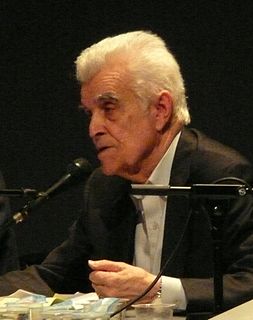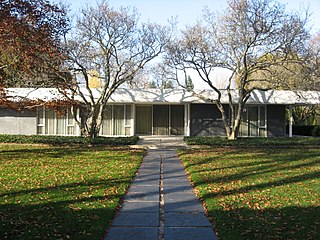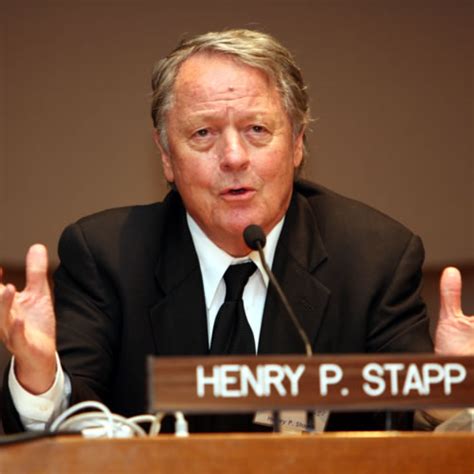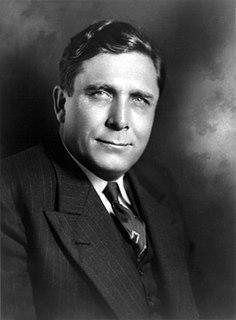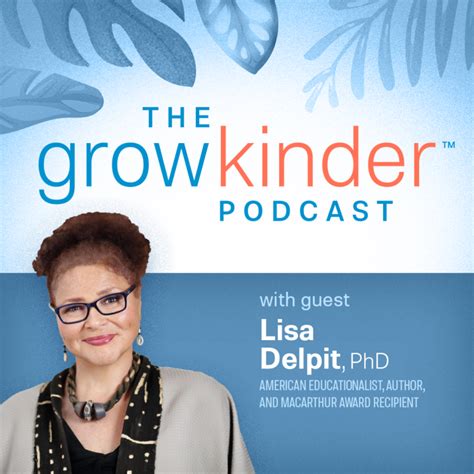Ein Zitat von Peter Singer
Es fällt uns leicht, die Vorurteile unserer Großväter zu kritisieren, von denen sich unsere Väter befreit haben. Es ist schwieriger, sich von unseren eigenen Ansichten zu distanzieren, sodass wir leidenschaftslos nach Vorurteilen in den Überzeugungen und Werten suchen können, die wir vertreten
Verwandte Zitate
Auf der Suche nach Charakter und Engagement müssen wir uns von unseren ererbten, ja sogar gehegten Voreingenommenheiten und Vorurteilen befreien. Charakter, Fähigkeiten und Intelligenz konzentrieren sich nicht auf ein Geschlecht gegenüber dem anderen, noch auf Personen mit bestimmten Akzenten oder auf bestimmte Rassen oder auf Personen mit Abschlüssen von einigen Universitäten gegenüber anderen. Wenn wir uns solchen irrationalen Vorurteilen hingeben, schaden wir uns selbst am meisten und versichern uns letztlich, im Wettbewerb mit den Offeneren und weniger Voreingenommenen zu scheitern.
Unsere Überzeugungen über uns selbst in Bezug auf die Welt um uns herum sind die Wurzeln unserer Werte, und unsere Werte bestimmen nicht nur unser unmittelbares Handeln, sondern im Laufe der Zeit auch die Form unserer Gesellschaft. Unsere Überzeugungen werden zunehmend von der Wissenschaft bestimmt. Daher ist es zumindest vorstellbar, dass das, was uns die Wissenschaft seit dreihundert Jahren über den Menschen und seinen Platz in der Natur sagt, inzwischen eine wichtige Rolle in unserem Leben spielen könnte.
Anstatt alle unsere alten Vorurteile abzuwerfen, hegen wir sie in erheblichem Maße, und um uns noch mehr zu schämen, hegen wir sie, weil sie Vorurteile sind; und je länger sie bestanden und je allgemeiner sie sich durchgesetzt haben, desto mehr schätzen wir sie. Wir haben Angst davor, die Menschen dazu zu zwingen, jeder von seinem eigenen privaten Vorrat an Vernunft zu leben und zu handeln; weil wir vermuten, dass dieser Bestand in jedem Menschen gering ist und dass die einzelnen Menschen besser daran täten, sich die allgemeine Bank und das Kapital von Nationen und Zeitaltern zunutze zu machen.
Wir müssen die hochmütige Art bereuen, mit der wir manchmal über die Heilige Schrift urteilen, und müssen lernen, stattdessen demütig unter ihren Urteilen zu stehen. Wenn wir mit festem Entschluss zur Heiligen Schrift kommen und von ihr nur ein Echo unserer eigenen Gedanken und niemals den Donnerschlag Gottes erwarten, dann wird er in der Tat nicht zu uns sprechen und wir werden nur in unseren eigenen Vorurteilen bestätigt. Wir müssen zulassen, dass das Wort Gottes uns konfrontiert, unsere Sicherheit stört, unsere Selbstgefälligkeit untergräbt und unsere Denk- und Verhaltensmuster umwirft.
Wir sehen nicht wirklich durch unsere Augen oder hören nicht durch unsere Ohren, sondern durch unsere Überzeugungen. Unsere Überzeugungen auf Eis zu legen bedeutet, für einen Moment nicht mehr als wir selbst zu existieren – und das ist nicht einfach ... aber es ist der einzige Weg, zu lernen, wie es sich anfühlen könnte, jemand anderes zu sein, und der einzige Weg, damit anzufangen Dialog.
Erheben wir uns, meine lieben Zeitgenossen, über solch engstirnige Vorurteile. Wenn Weisheit an sich wünschenswert ist, wenn Tugend, um diesen Namen zu verdienen, auf Wissen beruhen muss, lasst uns danach streben, unseren Geist durch Nachdenken zu stärken, bis unser Kopf zum Gleichgewicht für unser Herz wird.
Wenn wir versuchen zuzuhören, fällt es uns außerordentlich schwer, weil wir ständig unsere Meinungen und Ideen, unsere Vorurteile, unseren Hintergrund, unsere Neigungen, unsere Impulse projizieren; wenn sie dominieren, hören wir kaum zu, was gesagt wird ... Man hört zu und lernt daher, nur in einem Zustand der Stille, in dem dieser ganze Hintergrund in der Schwebe ist, ist es ruhig; dann, so scheint es mir, ist Kommunikation möglich

